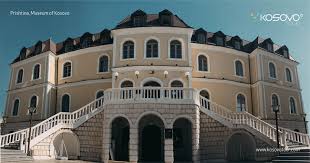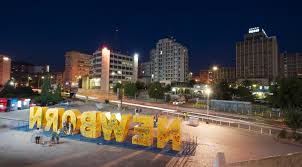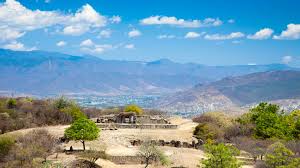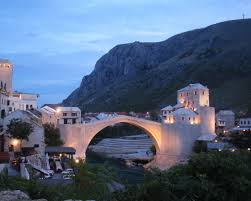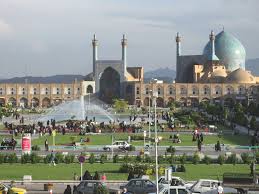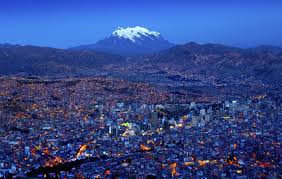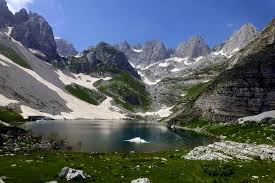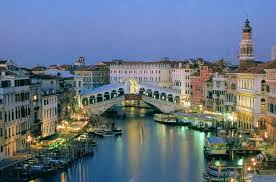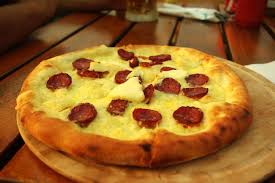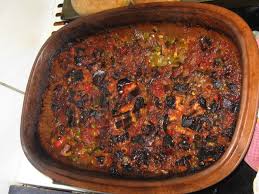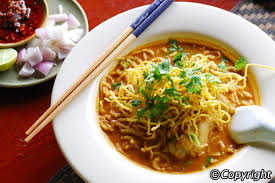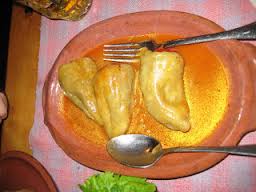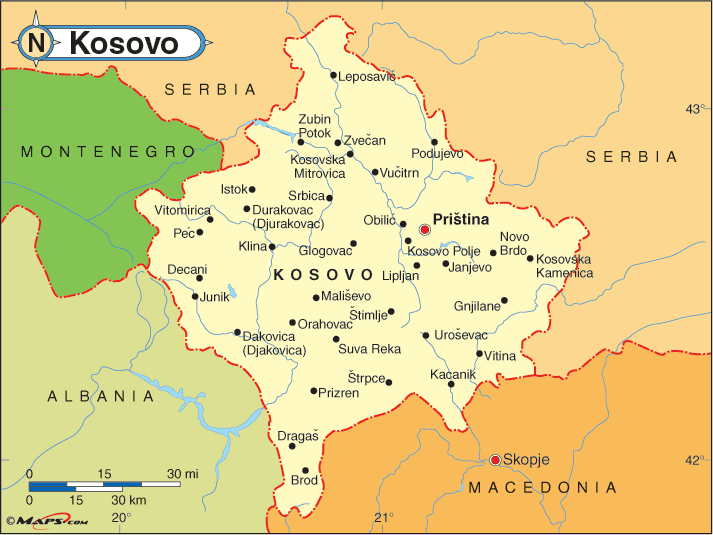Kosovo (/ˈkɒsəvoʊ, ˈkoʊ-/; Albanian: Kosova [kɔsɔva]; Serbian Cyrillic: Косово) is a disputed territory and partially recognised state in Southeast Europe that declared independence from Serbia in February 2008 as the Republic of Kosovo. While Serbia recognises governance of the territory exclusively by Kosovos elected government, it still continues to claim it as its own Autonomous Province of Kosovo and Metohija, and the declaration of independence is contrary to the 2006Constitution of Serbia. Kosovo is landlocked in the central Balkan Peninsula. Its capital and largest city is Pristina. It is bordered by the Republic of Macedonia and Albania to the south,Montenegro to the west, and the uncontested territory of Serbia to the north and east. In antiquity, the Dardanian Kingdom, and later the Roman province of Dardaniawas located in the region. It was part of Serbia in the Middle Ages, and many consider the Battle of Kosovo of 1389 to be one of the defining moments in Serbian medieval history
Geography
Kosovo is a landlocked country situated in Southeastern Europe, in the center of Balkan Peninsula. With an area of 10.908 km2 (4 sq mi), it is one of the smallest countries in Europe by area, but one of the most densely populated, with a population of 1,859,203 (2014 estimate) inhabitants (159/km2).
Considering its small size, Kosovo has a great variety of topographical features. It is surrounded by mountains: the Sharr Mountains are located in the south and southeast, bordering Macedonia, while the Kopaonik Mountains rise in the north. The southwest borders with Montenegro and Albania are also mountainous, and are home to the countrys highest peak, Gjeravica, 2,656 m (8,714 ft) high. The central region is mainly hilly, but two large plains spread over Kosovos west and east, respectively, Metohija plain and Kosovo plain.
In the terms of hydrography, Kosovo has limited water resources. The main rivers in the country are the White Drin, running towards the Adriatic Sea, the South Morava in the Goljak area, and Ibar in the north. Sitnica, a tributary of Ibar, is the longest river lying completely within Kosovo. There are several small natural lakes but the countrys most important lakes are artificial. The biggest lakes are Gazivoda, Radonjić, Batlava and Badovac. Kosovo also does have a large number of karst springs, thermal and mineral water springs.
Kosovo is in the central part of the Western Balkans, Southeastern Europe and it borders Albania to the southwest, Macedonia to the southeast, Montenegro to the west, and Serbia to the north and east. It lies between latitudes 42° and 43° N, and longitudes 20° and 22° E.
Kosovo is located between the Mediterranean Sea and mountainous regions of Southeast Europe, on the Balkan Peninsula. This geographic location gives the country its large annual temperature range. Summer temperature highs can reach +30 °C (86 °F), winters temperatures as low as −10 °C (14 °F). According to the Strahler classification map the climate in Kosovo is considered moist continental. The country experiences warm summers and cold and snowy winters.
One of Kosovos most prominent geological features is the Rugova Canyon of the Accursed Mountains. The 25 km (16 mi) long canyon near the border with Montenegro was formed by the flow of the Pećka Bistrica. The canyon was declared a Protected National Monument in 1988, and will be included in a proposed "Balkan Peace Park", approved by the Kosovo Parliament in 2003.
Population
Islam 1,663,202 95.60%
Christians 64,275 3.69%
Catholic 38,438 2.20%
Orthodox 25,837 1.48 %
Other 1,188 0.06%
None 1,842 0.10%
Not stated 10,023 0.55%
Transport
Transport in Kosovo is complicated by political issues relating to international recognition. The Republic of Kosovo declared independence in 2008 from Serbia. It currentlyhas 110 diplomatic recognitions, of which 108 are members of the United Nations. Transport links to the north are fractured (especially rail transport) as Serbia does not recognise Kosovos independence. Kosovo is recognised as sovereign by all other countries with which it shares a border.
RAILWAYS
• Total: 430 km
• Country comparison to the world: 115
• Standard gauge: 430 km 1.435-m gauge
ROADS
Total: 1,926 km
• Country comparison to the world: 175
• Paved: 1,668 km
• Unpaved: 258 km
As of 2015, Kosovo has 2 motorways (1 is under construction)
• R6 (under construction) (Pristina-Macedonian border)
• R7 (Albanian border-Pristina)
AIRPORT
Airports: 10
Airports with paved runways: 4
• 2,438 to 3,047 m: 1
• 1,524 to 2,437 m: 1
• Under 914 m: 2
Airports with unpaved runways: 4
• Under 914 m: 4
• Heliports: 2
Greetings
Sights
Cuisine
Posters
Map
Itineraries
| Sr. No. | Itinerary Name | File |
